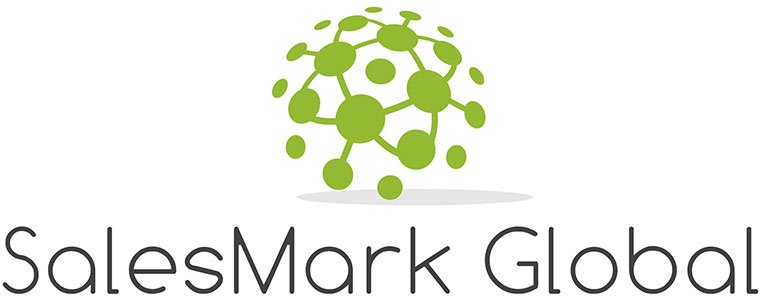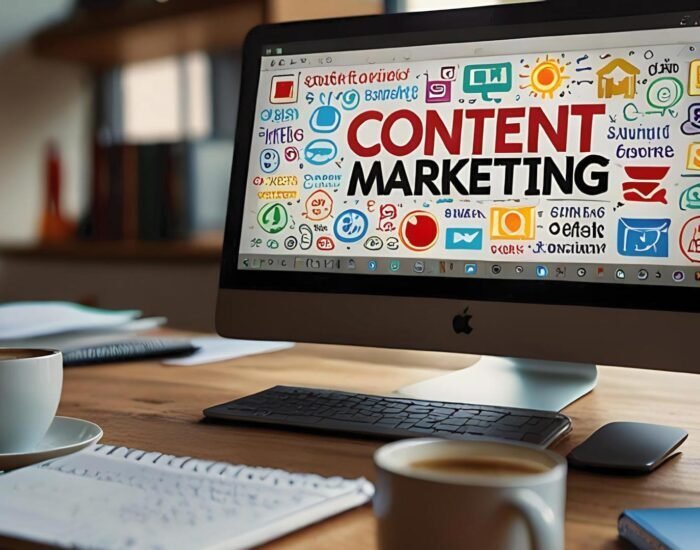Discover the power of integrating ERP with MarTech to revolutionize your marketing strategies.
Table of contents
Introduction
1. Bring Specificity to your ERP
2. Communicate and Engage with your Customers Better
3. Take action based on Specific Insights
4. Enhance Personalization and Customer Experience
Conclusion
Introduction
Tech marketing, or MarTech, a combination of technology and marketing, has been disrupting traditional marketing strategies up until today. MarTech tools that span Google AdWords to MailChimp have facilitated marketing processes, thereby leading to higher effectiveness and productivity in campaigns. The generation of its own data as well as the use of information from other sources leads to the integration of MarTech with Enterprise Resource Planning [ERP] Systems as a strategic move for businesses that intend to improve their operations and promote growth.
In this article, let us take a look at why you should integrate your ERP with MarTech.
1. Bring Specificity to your ERP
Combining MarTech with ERP allows companies to wield specialized digital tools to deal with some of the marketing challenges that conventional ERP solutions might not offer in a comprehensive manner. However, ERP systems can be considered a reliable environment that ensures the functioning of the key activities: finance, HR, and supply management, but they do not always provide the special features required for contemporary marketing strategies. Organizations can utilize business tools such as Salesforce (for lead generation) and Optimizely (for A/B testing) to improve the functionality of the ERP system and empower the entire company’s decision-making through data analytics.
2. Communicate and Engage with your Customers Better
MarTech tools ease mundane tasks like email marketing and social media responses by automating them, thereby enabling companies to engage with customers more efficiently. Integrating social networking marketing tools, such as HootSuite, Buffer, Adobe Spark, or AgoraPulse systems, with ERP systems allows for easy conversations with customers, where updates on shipments, promotions, and new products are distributed. This integration does not only increase customer satisfaction but also adds to brand loyalty and sustainability by reaching users on a multitude of channels and maintaining meaningful engagement with them.
3. Take action based on Specific Insights
The front-end part of the business, i.e., marketing and sales (MarTech), focuses on identifying consumer preferences, collecting market data, and implementing personalized marketing techniques. Through an ERP system integration that bolsters other MarTech tools, businesses can get triggered insights into targeted marketing. Likewise, combining a discount tool like Shopify with the ERP systems will lead to automatic promo messages broadcasting based on the inventory, while this practice ultimately leads to better sales strategies and maximizing profits. Additionally, MarTech tools such as SEMRush or Leadlander are able to supply the necessary competitive intelligence data, which in turn enables its clients to precisely direct their marketing efforts and maintain a dominant position.
4. Enhance Personalization and Customer Experience
Integration of ERP with MarTech allows organizations to develop and offer a more targeted experience to prospective customers. Using the data from ERP systems, for instance, customer historical data and customer preferences, MarTech programs can segment their audiences and tailor their marketing messages accordingly. For instance, email campaigns can be individualized as per previous purchases or browsing history, thereby improving the possibility of conversions. Besides, a combination of CRM systems with ERP makes it possible to bring customer data to a central position, providing a corporate view of each customer from which more personalized and targeted communication can be launched.
Conclusion
The collaboration of ERP with MarTech provides management with the extra technique of effective usage of its software in the competitive edge of the business world. With the strength of ERP systems behind them and the analytical precision and automation of MarTech, firms can therefore build a more responsive and effective marketing response, increase customer engagement, and consequently grow. The fact that technology is rapidly advancing shows how the integration of ERP and MarTech will be necessary for organizations that seek to excel in the ever-changing digital environment. Through the leveraging of data marketing and individualized consumer experiences, businesses can stay well equipped to face the ever-changing market dynamics and still outperform their competitors.
Discover SalesMarkBlog for Strategies That Propel Your Business Forward!





